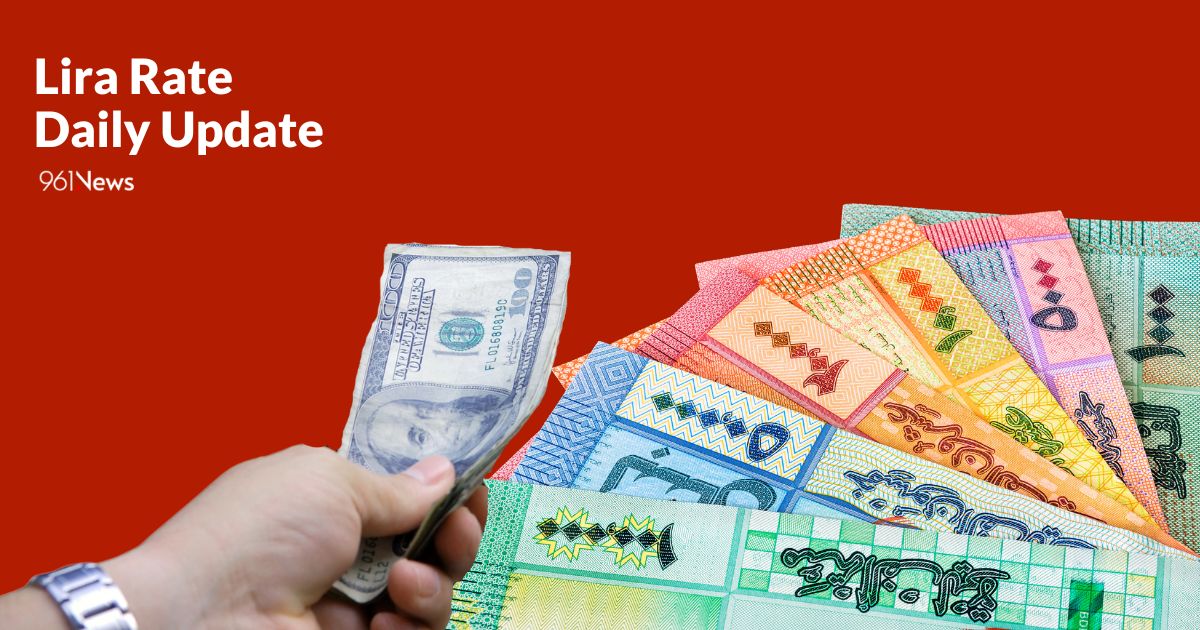The U.S. dollar is so integral to Lebanon’s economy that its depletion from the market has plunged the country into a full-blown financial crisis.
But why is the Lebanese pound dependant on American currency, and why is the U.S dollar so powerful?
The story of the dollar’s domination over the world’s market dates back to the early 1900s. Before the first World War, developed countries were pegging their currencies to gold as a stability measure.
But when WWI erupted in 1914, these countries were forced to revert to paper money reserves to pay the expenses of their armies. This caused the values of their currencies to dwindle.
At that time, Britain was the leading nation in world commerce, but this was about to change. To keep its dominant status, Britain swam against the current and kept its pound sterling pegged to gold.
By 1917, Britain’s military expenses had created a great shortage of currency, which led it to borrow money from the U.S for the first time.
Two years later, Britain delinked its currency from gold, and the U.S. dollar took over the global market.
The new standard
Fast forward a couple of decades: World War II broke out and the U.S, before getting involved in the battle, was selling the Allies weapons and other supplies, receiving payments mainly in gold.
Near the end of the war, the U.S. owned the majority of the world’s gold reserves. This left other countries at a great disadvantage and brought forth the Bretton Woods Agreement of 1944.
This agreement, attended by 44 Allied nations, dictated that countries would maintain fixed exchange rates between their currencies and the U.S. dollar.
As such, the dollar, which was still linked to gold, replaced the standard of gold reserves.
In other words, the world’s countries began accumulating reserves of U.S. dollars instead of gold. In 1971, the U.S. delinked its currency from gold, and exchange rates became dependant on market forces instead of gold, as they are today.
Several factors, including economic and political stability and efficient, adaptive financial policies, have kept the dollar the most powerful and resilient currency in the global market over the years.
After the dollar established itself as a global reserve, the fates of numerous international currencies, including the Lebanese pound, became tied to it.
This remains the case today and explains why a shortage of U.S. dollars in Lebanon is killing its national currency.
Lebanon is one of the countries that rely heavily on the dollar for day-to-day trading. The U.S. dollar’s presence, therefore, is fundamental for the health of the Lebanese economy.



